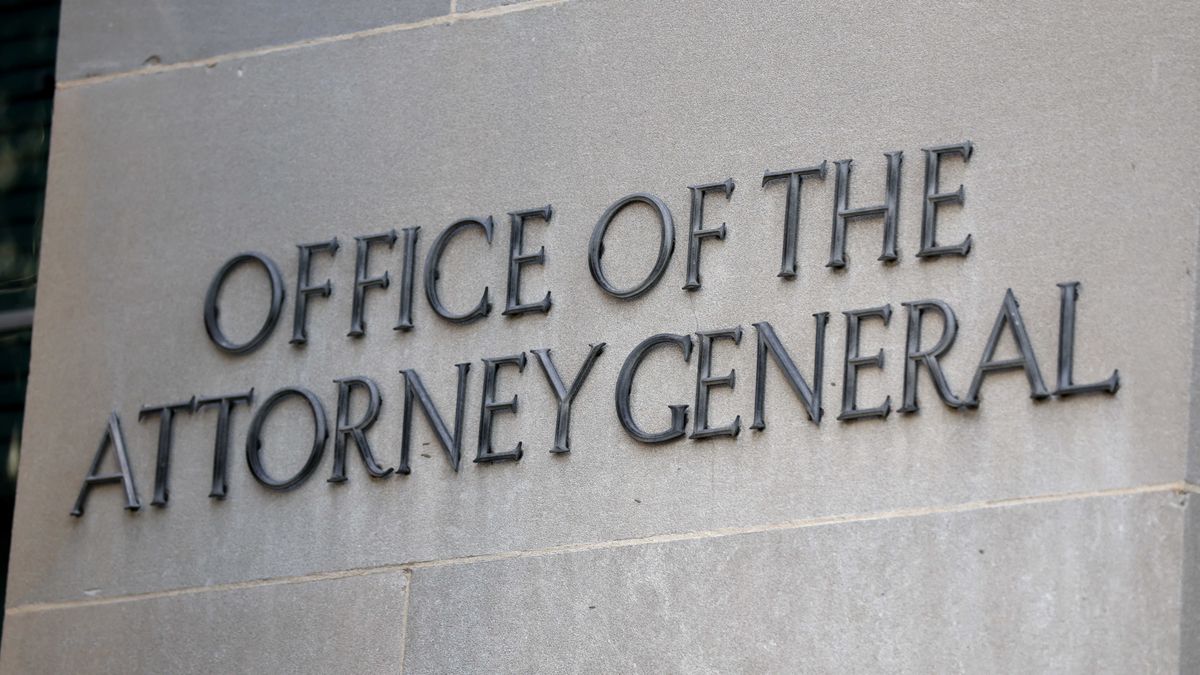
Lawfare's Anna Bower revealed on Monday that President Donald Trump's newly-appointed prosecutor in the Eastern District of Virginia, Lindsey Halligan, reached out to her on Signal and repeatedly melted down, accusing her of false reporting and bias without explaining anything she reported incorrectly — then demanded that it all be retroactively considered "off the record."
Halligan, a defense lawyer with no significant prosecutorial experience, was brought in to replace a seasoned U.S. attorney whom Trump wanted gone for failing to find the evidence to prosecute his political enemies. Since then, she has filed indictments against former FBI Director James Comey for false statements and obstruction, and New York Attorney General Letitia James for bank fraud — but these cases have been riddled with mistakes and are widely panned by legal experts as flimsy.
The particular analysis from Bower that Halligan took issue with was a pair of posts on X that examined New York Times reporting about how James used the real estate Halligan claims was improperly classified to commit mortgage fraud. Bower noted that this was "important exculpatory evidence," but Halligan disagreed.
“What am I getting wrong?” asked Bower, to which Halligan said, “Honestly, so much. I can’t tell you everything but your reporting in particular is just way off.” She accused Bower of jumping to “biased conclusions” instead of “truly looking into the evidence.” When Bower asked if the Times got something wrong, Halligan replied, “Yes they did but you went with it! Without even fact checking anything!!!!”
However, despite Bower repeatedly pressing her over the course of days, Halligan would not elaborate on any factual error from either her or the original Times reporting, while repeatedly saying she couldn't explain because of grand jury secrecy.
"Avoiding grand jury secrecy violations is one reason Justice Department officials so frequently offer 'no comment' on ongoing investigations or cases, preferring instead that the department 'speak through its court filings.' And that’s why my dialogue with Halligan struck me as so unusual," wrote Bower. "Reaching out to a reporter to complain about tweets concerning another publication’s coverage of grand jury testimony seemed uncharacteristically risky for a government lawyer."
Eventually, after a number of back and forths, Bower wrote, “What was the purpose of reaching out to me, if not to open a line of communication? Was it just to insult my reporting?” To which Halligan responded, “No, it was for you to correct it, which you refused to do.”
“I am more than happy to correct it, but you still haven’t told me what’s incorrect! What precisely is wrong with the tweet?” wrote Bower. Halligan didn't respond to this.
Rounding off the whole exchange, just after Bower spoke to the Justice Department asking for comment before she went live with all this, Halligan messaged her again, saying, “By the way — everything I ever sent you is off record. You’re not a journalist so it’s weird saying that but just letting you know.”
“I’m sorry, but that’s not how this works. You don’t get to say that in retrospect,” wrote Bower.
But despite making this point multiple times, Halligan persisted. “It’s obvious the whole convo is off record. There’s disappearing messages and it’s on signal. What is your story? You never told me about a story.”




